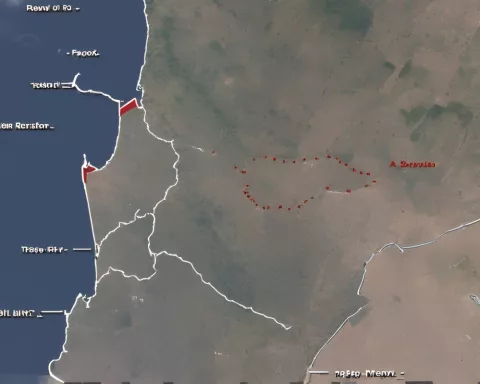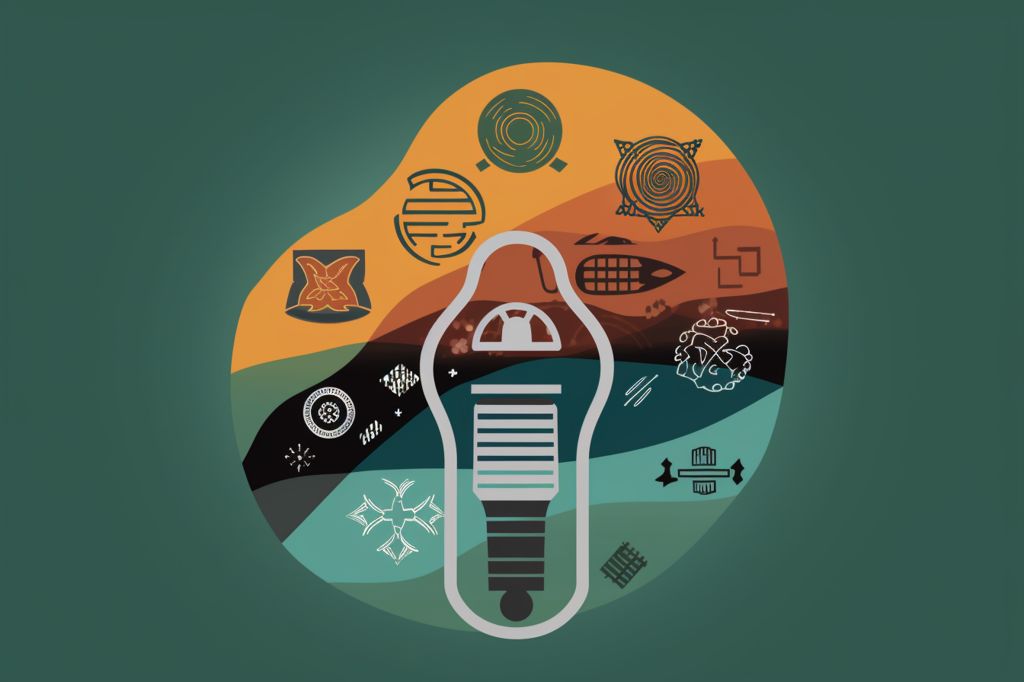The Department of Human Settlements in North West, South Africa, is set to change the landscape of human settlements in the region. The department has recently signed a Memorandum of Understanding (MOU) with six alternative building technology (ABT) companies. The introduction of ABT is expected to help address the housing backlog and blocked projects in the region.
Collaboration among ABT Companies and Stakeholders
The MOU was signed during a two-day summit held in Sun City. Various stakeholders from the ABT industry and human settlements sector attended the summit. The collaboration aims to deliver 95,000 housing units of different types within the next five years. This is a significant move towards addressing the urgent need for housing in the region.
Donations and Pledges
Among the six companies, one has already donated seven housing units to needy families in the province. This partnership signifies the department’s commitment to overcoming the housing backlog that has hindered progress in the four districts of North West Province for a considerable period.
In addition to the six ABT companies, several developers have pledged to contribute to the cause by building and completing houses for disadvantaged families who have been waiting for a long time.
Potential for Capacity Building and Investment
Alternative Building Technology offers tremendous potential for capacity building among local contractors, and its adoption could attract investment from other regions. MEC Maloyi expressed his optimism about the partnership, stating, “The technology does not have any room for defects. We want to see other countries coming to benchmark in our province.”
A Step in the Right Direction
The move towards ABT in North West Province appears to be a step in the right direction, as it addresses the urgent need for housing while also upholding the department’s vision of providing its citizens with proper, well-built homes. As the partnership between the North West Department of Human Settlements and the ABT companies unfolds, it offers a unique blend of innovative technology and a commitment to social responsibility.
Creating a Brighter Future
The adoption of ABT in North West Province serves as an inspiring example for other regions struggling with housing challenges. It will be exciting to observe how the industry evolves as more stakeholders come on board. The collaboration paves the way for a brighter future for human settlements in the province, providing not just houses but homes where people can build their lives and create lasting memories.
The partnership between the North West Department of Human Settlements and the ABT companies is a groundbreaking approach to building technology for human settlements. It offers a unique opportunity to address the housing backlog and blocked projects in the region. The department’s commitment to providing well-built homes to its citizens is commendable, and the move towards ABT serves as an inspiring example for other regions facing similar challenges.












